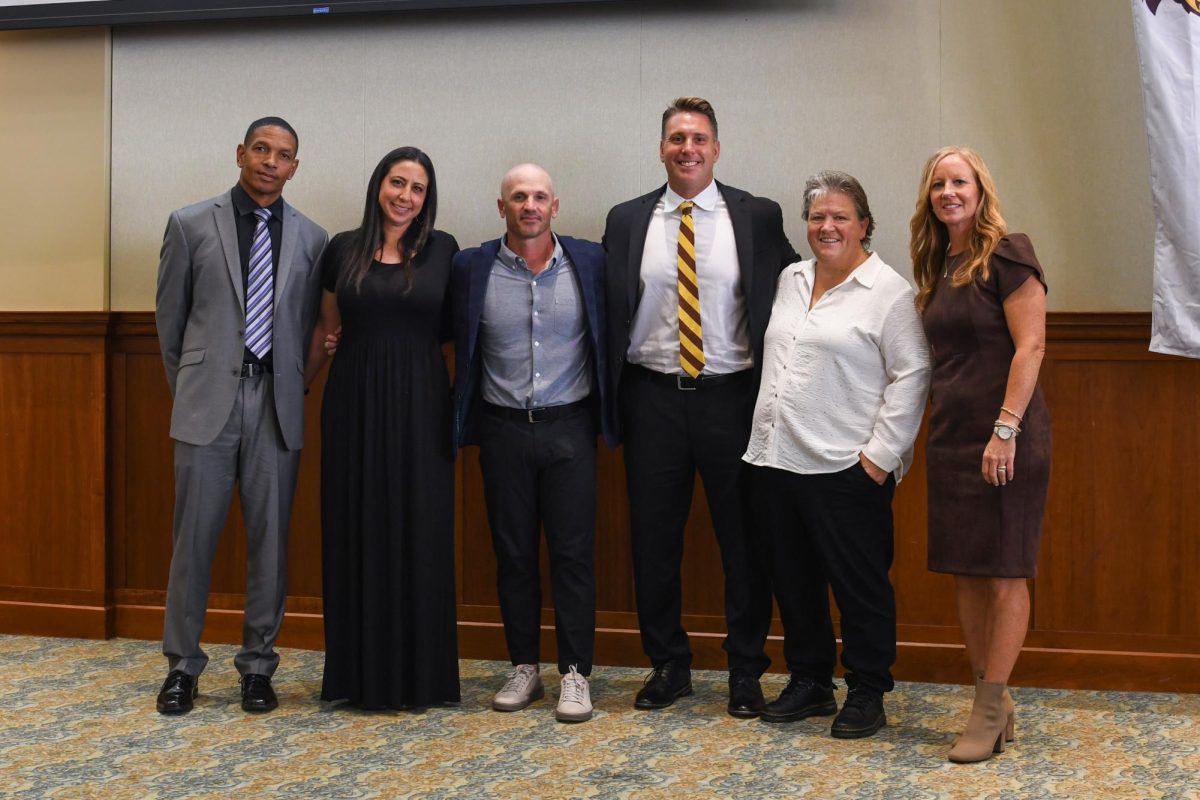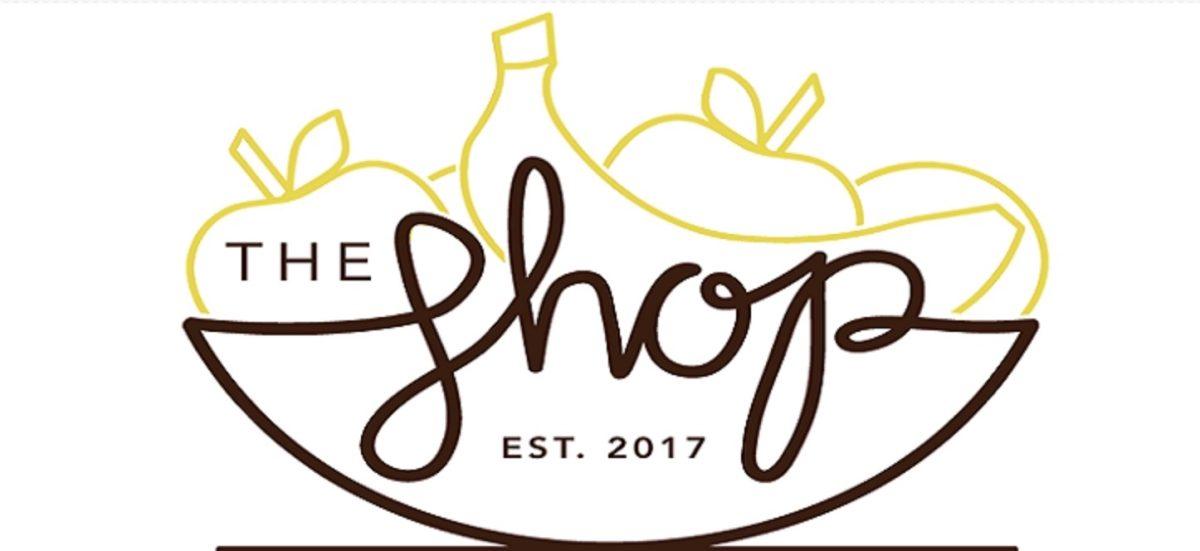“I am very likely to end the semester having to drop out of college, lose my university housing, and be homeless with no real ability to [pull] myself out from [my current situation],” Simon Thurston said.
Thurston attends Rowan University, double majoring in electrical and computer engineering and Computer Science.
Nationally, more than 40% of college students will become “food insecure or unsheltered at some point” while in school, according to an infographic from Rowan’s Student Success page.
“After a long period of emotional, mental, and financial abuse from my father, I cut ties at the beginning of the fall semester last year. Due to this, I lost the ability to afford to pay for college, as well as my health insurance, my phone plan, and many other necessities for surviving and succeeding in college,” Thurston said.
Through his journey, Thurston has made several attempts to gain financial assistance through the government but has only received Medicaid.
The 22-year-old claimed that his father drained his bank account and closed it before he could take any money out.
“As it stands currently, I am trying to raise money before the end of the semester so I can afford an apartment somewhere by applying [for multiple jobs],” Thurston said.
According to the By the Numbers page, there are 640 universities in the United States that have a food and resource pantry. In 2017-2018, there were nearly 3,000 4-years universities in the United States, according to the National Center for Education Statistics website.
Thurston has been relying on university housing since the late fall of last year and receives all his food from The SHOP.
“The SHOP is Rowan University’s first-ever on-campus food pantry and resource center available to students in need,” the organization’s website states. “With a particular focus on addressing issues of food insecurity, The SHOP offers a range of free and confidential support services that can connect students with appropriate campus and community resources.”
Located behind the parking garage in the courtyard of Rowan Boulevard, The SHOP is open on Monday and Friday from 12 p.m. to 4 p.m.. Students can look for a large yellow flag to locate the building.
Students check in with their school email and leave with items they need.
“There are no hurdles to get help,” said Assistant Director Andrew Perrone.
Perrone, who has been working at Rowan for over 10 years, is the assistant director for Rowan’s Volunteer, Community Engagement and Commuter Services (VCE).
He has been working with The SHOP since 2018, receiving more than $60,000 in donations, according to their By the Numbers page.
Although unable to say it is “exclusively” because of the pandemic, Perrone has seen an increase in students coming to The SHOP.
“We saw over 150 students in April in a four-hour period,” Perrone said.
Before the pandemic, The SHOP would maybe see 70 students.
Another food program includes Fresh For All, which is a free farmers market that offers fresh produce and meat on Fridays from 10 a.m. to 11 a.m.
Thurston relies heavily on the school’s resources.
“I’ve been working a lot with the SHOP, the Wellness Center, and the Dean of Students, and they have been incredibly helpful to me during an incredibly stressful time where some of my professors have not been so kind,” Thurston said.
“I am incredibly grateful for what the university has done for me, and continues to do for me with my limited time left here. . . which just makes it all the more soul-wrenching that I won’t be able to finish my degrees and pursue my passions.”
Established in 2016, Rowan’s Affordability Task Force consists of faculty, students and staff and is aimed to “better understand the financial-related needs” of students.
The task force is also “dedicated to implementing strategies to ensure students are aware of existing campus resources and strive to develop ideas for additional services deemed necessary for an affordable education,” according to their about page.
Students who are in need can use emergency funds through Bursar or Financial aid, according to the Additional Rowan Resources page. They may also qualify for an adjustment of their financial aid if their family has experienced a loss of income.
Thurston shared ways to help others in need.
“If you are able to spare some money to give directly to people who are suffering, it is extremely helpful. Otherwise, donating to local food pantries is also very helpful, and voting in local elections for politicians who are looking to increase funding to or reform the current social safety net is also a good thing for the long term,” Thurston said.
Students and others can donate to The SHOP, whether that be in the form of money or food and supplies.
“Hopefully people don’t have to go through what I’m going through,” Thurston said. “And my absence will allow the university to help the state push reforms to assist students and other adults within the population with these incredibly harsh struggles.”
Food Resources:
- Visit WhyHunger.org for information on local food pantries.
- Fresh For All locations and times.
- Find free food sources nearby by entering your zip code through Philabundance.
- The SHOP.
For general concerns, money questions, financial aid and CARES:
- Check out the Student Success Flowchart.
Simone Thurston can be reached at [email protected] to discuss direct aid.
For comments/questions about this story tweet @TheWhitOnline or email [email protected].



































































































































































































